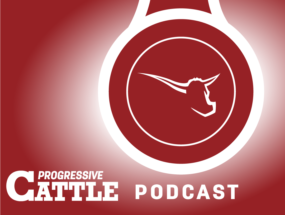This is true globalization – the highest level of exchange that countries can experience is when consumers can trade goods and services around the world in a borderless economy.
Korean consumers have endured rampant food inflation, and this trade pact will provide relief. Tariffs on U.S. beef imported by Korea will drop from 40 percent to zero over 15 years, and duties on U.S. pork, which range from 22.5 percent to 25 percent, will be phased out over two years starting Jan. 1, 2014.
For the American producers and exporters, this pact will create expanded opportunities for red meat exports to a market that has a demonstrated appetite for U.S. beef and pork. Already this year (through September), U.S. beef exports to Korea are up 45 percent in volume and 37 percent in value over 2010 levels, reaching 119,044 metric tons (262.4 million pounds) valued at $527.7 million. Even at that, Korea is just beginning to show the potential it demonstrated in 2003 when it purchased 543.6 million pounds of U.S. beef valued at $815 million.
And U.S. pork exports to Korea through September are up 139 percent in volume and 189 percent in value versus last year, reaching 153,330 metric tons (338 million pounds) valued at $395.1 million.
The value of U.S. red meat exports for American producers has never been higher than it is right now. Both beef and pork exports are projected to hit record highs, exceeding $5 billion in value this year. And the per-head value of those exports also is at a high, topping $202 per head for beef and $54 for pork. The invigoration of our trading relationship with South Korea will only add more value to that trade that will benefit the U.S. agricultural sector. ![]()







